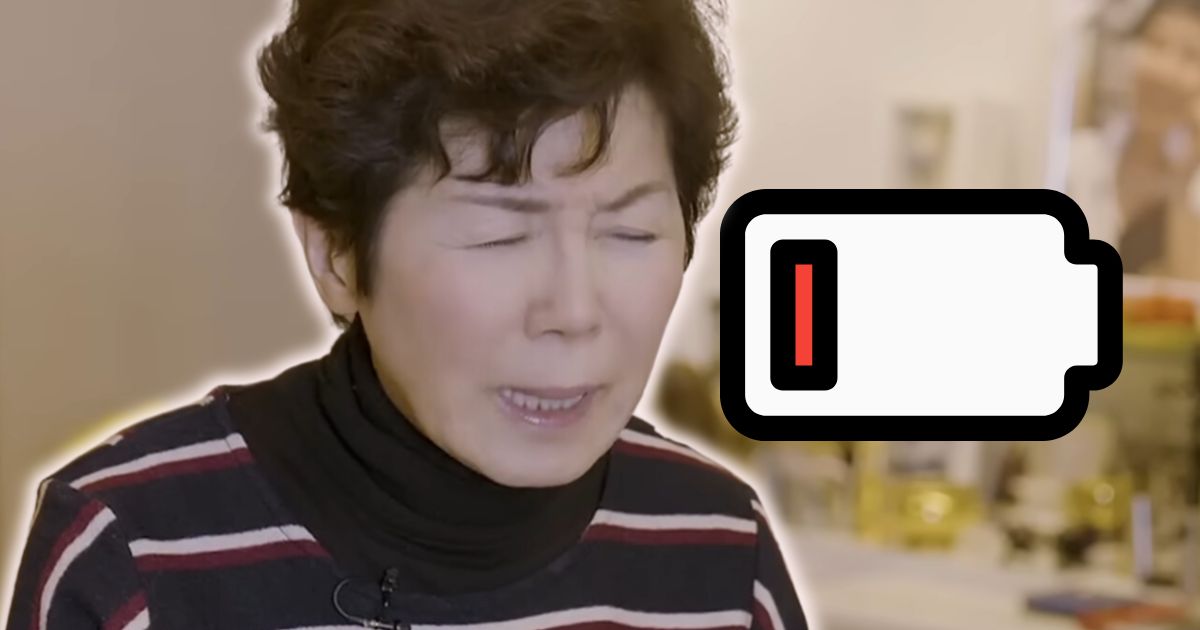Worked To Death: The Dark Side Of Japan’s Work Culture On Employees
본문

Like every country, there’s a dark side to Japan that is seldomly discussed openly. It is “karoshi,” or “death by overwork.” Karoshi reflects a work culture where long hours on the job and unwavering commitment to the company are expected from employees.
[Video could not be displayed]
Due to this, overtime has become so widespread that it has impacted many individuals’ physical and mental well-being.
A documentary from ARTE.tv sheds light on the severity of this work culture, showcasing how it has tragically culminated in preventable fatalities.
[Video could not be displayed]
As seen in the documentary, work-life balance is not commonplace. Individuals often find themselves compelled to prioritize their career above all else, even if it comes at the expense of their interpersonal relationships and personal health. When built up, the pressure to meet the organization’s goals and to exhibit one’s ambition and loyalty cause psychological stress and burnout.
For some, the toll on their health becomes unbearable, resulting in an unexpected heart attack or the development of diseases. Tragically, others succumb to the immense pressure and die by suicide as a means of escape.
Every year, thousands of people die on the job: heart attacks, vascular diseases, or suicide. The battle against the Japanese excessive sense of duty has become a national matter. Officially, a 40-hour work week is standard in Japan, but there is no limit for overtime.
— ARTE.tv
[Video could not be displayed]
Efforts to address the issue of karoshi have gradually gained momentum, prompting initiatives to improve employees’ health and quality of life. Yet the movement still has a long way to go: “The country is still far away from a revolution, in thinking. The value of an employee is still measured on one thing: work endurance.”
[Video could not be displayed]
Watch the full video below.
관련자료
-
링크















